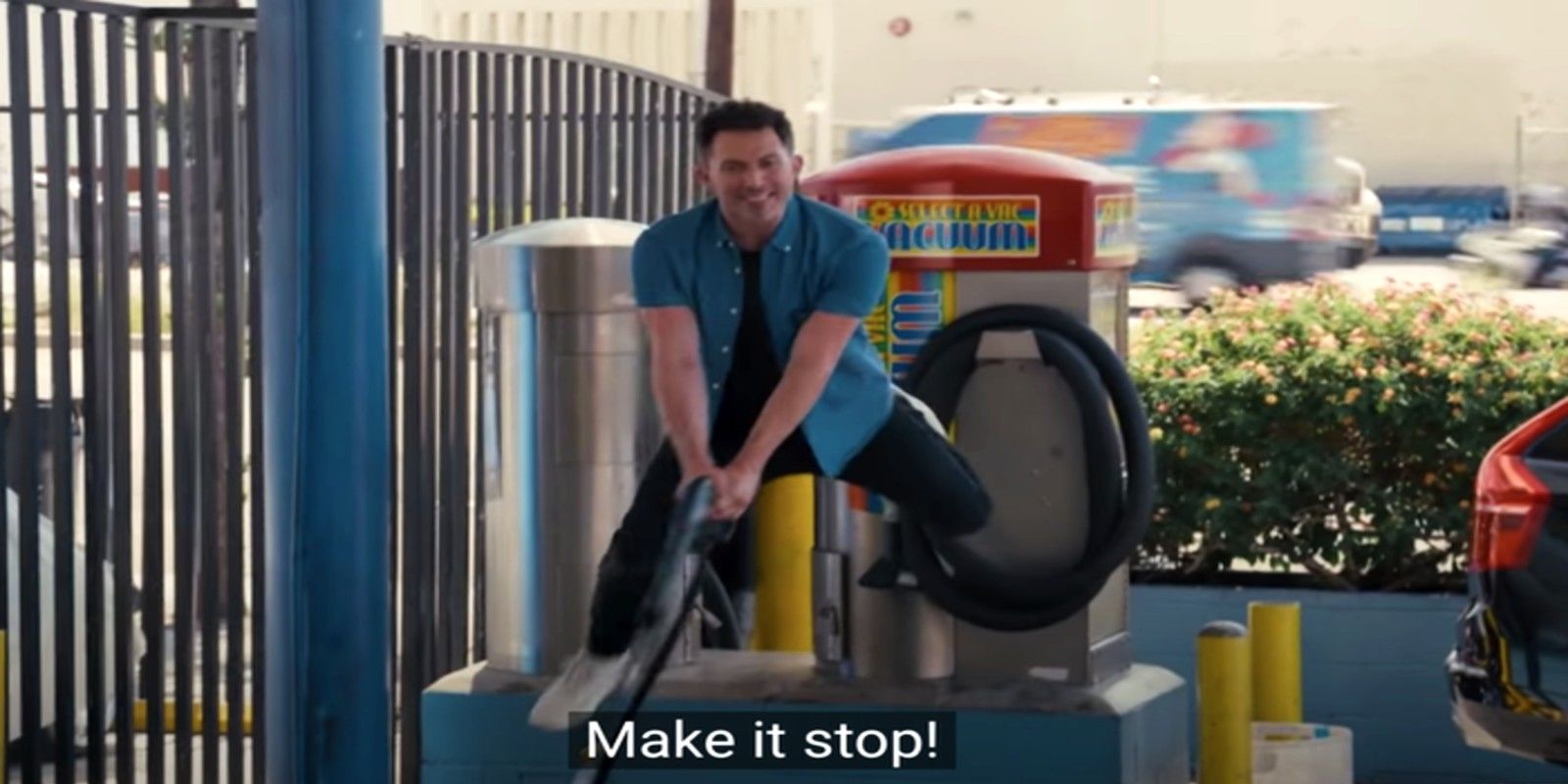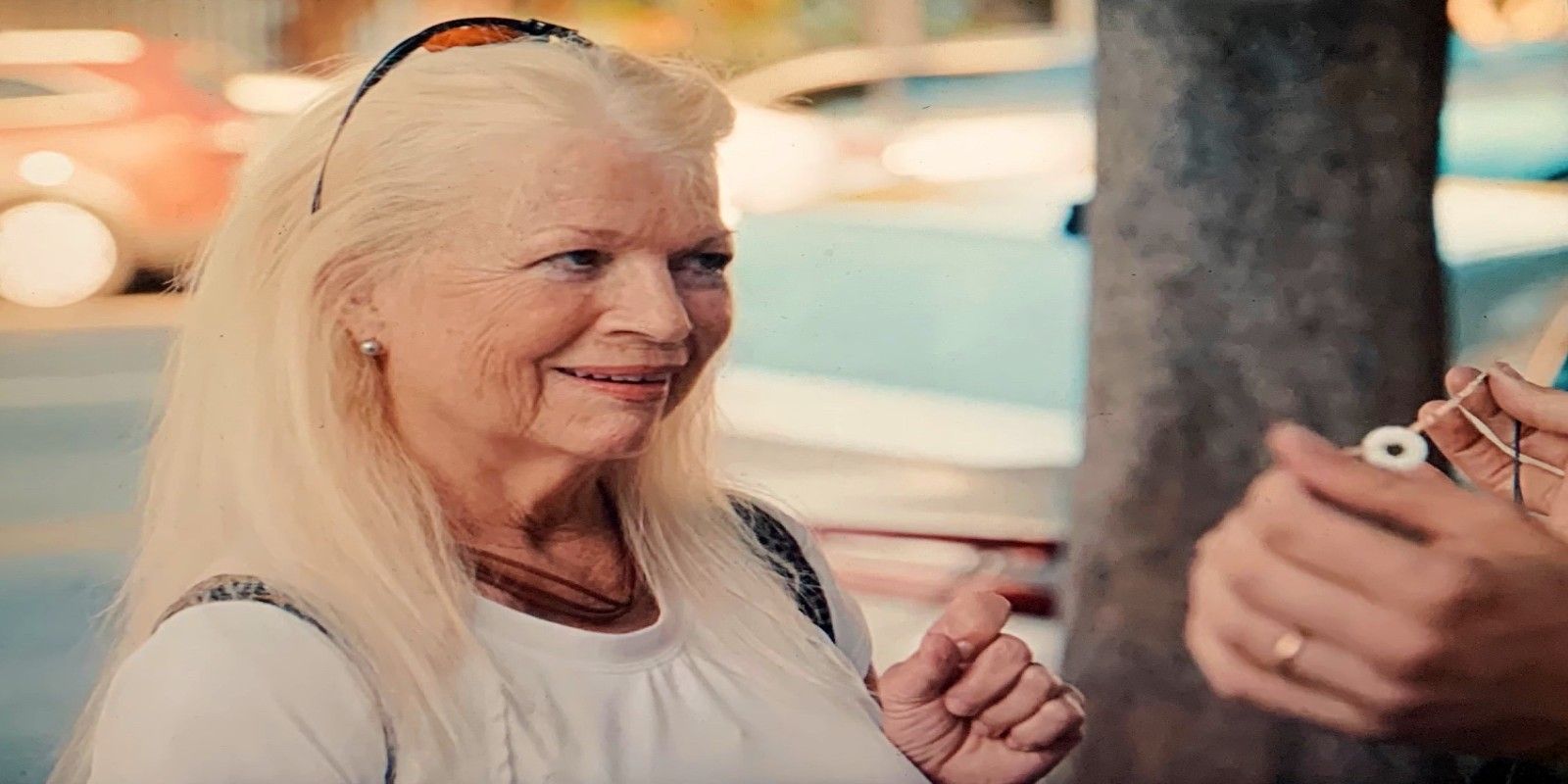Magic For Humans posted it's newest season on Netflix and magician Justin Willman proves yet again to provide viewers with quality entertainment. Although, as a result of the extraordinary tricks exhibited on the show, many fans are now questioning whether or not they are being displayed "real magic."
To be clear, when one assesses real magic usually it does not involve an analysis of supernatural powers. In Justin's case many want to understand whether his magic tricks are actually skill-based. The following article aims to provide a case for why Magic For Humans displays evidence of fakery.
Humans are skilled at sussing out nonsense. Often times it comes in a gut feeling but mostly human beings ascertain falsehoods by analyzing facial and bodily gestures. In fact, 93 percent of all communication is non-verbal. Justin has great body language as a presenter but the error falls on his supposed participants who are not skilled con artists. Many times, when Justin formulates a magic trick ,for example in his segments "Magic For Susans" , the audience can tell that this participant is not being genuine simply by watching their reaction. The great thing that presenters like Criss Angel accomplish is that their audience members always look genuinely shocked. Many times on Magic For Humans the contestants carry a look of being nonchalant. Whenever this is the case in these types of situations it is a clear cut sign of false behavior.
But instead of holding the contestant's reactions at fault there is also evidence of fakery through the understanding of Justin's magic tricks. In episode one, Justin plays a trick where he dresses up as a doctor and claims that he is going to convince the participants that he can connect their sensations of the brain to a fake arm. He does this by removing one of the participant's arms from their line of sight. He then places the fake arm in front of them and proceeds to manipulate their sensory associations. He accomplishes this through the psychological premise of 'phantom limbs'. The issue being that Justin doesn't strictly adhere to this premise. Instead of simply allowing the subjects to experience the phenomenon of different sensations in the fake limb, he has them act as if they no longer experience sensations from their actual limb. This is clearly acting because the brain still has nervous receptors attached to this limb. Therefore, by understanding this logic Justin's psychological experiment is pure malarkey.
By identifying two different facets of the show being faked it's safe to say there is a fair amount of charades being played at the expense of the audience. That's not to say that Justin has not produced legitimate magic tricks. Of course, a show like this wants to show larger than life experiences to attract more viewers. Suffice to say, Justin may be faking some tricks but it's also possible a lot of his magic is done through his own skill. He exhibits this point when doing simple magic tricks where he uses sleight of hand or when he does various card tricks on unsuspecting bystanders. Additionally, many of his tricks involving children display genuine audience reactions which are also heart-warming to watch. Therefore, whatever the case may be viewers can go and decide for themselves by watching Magic For Humans Season 3, which is now available on Netflix.



